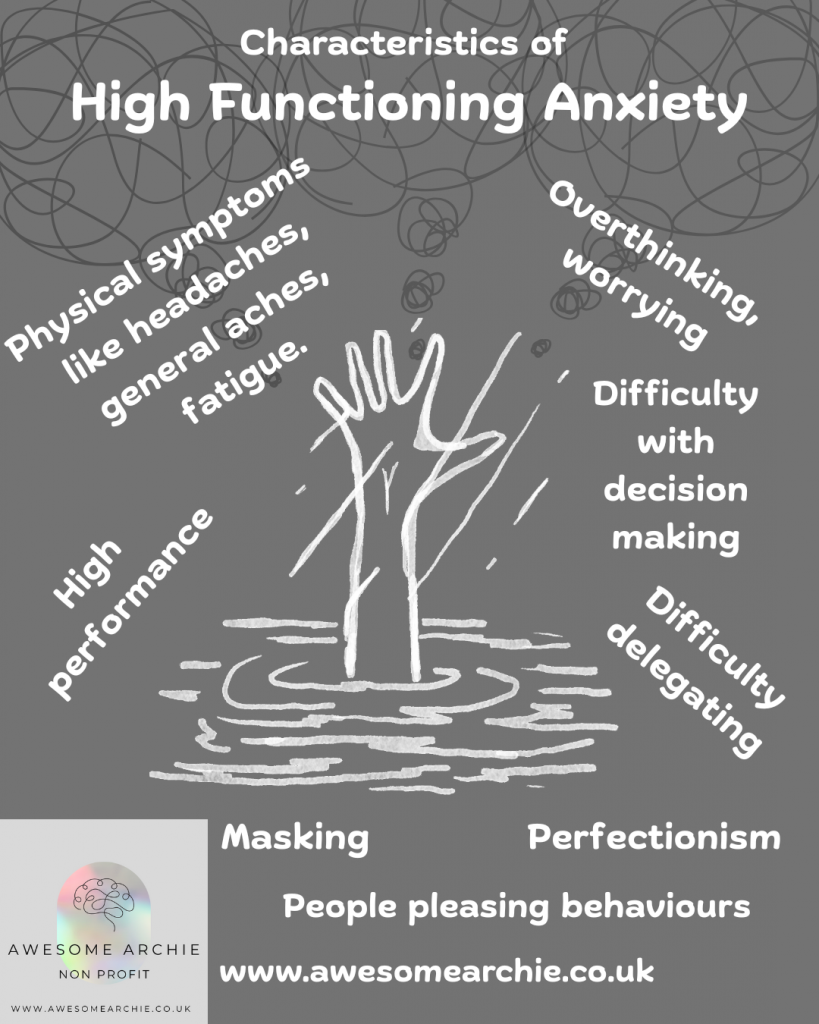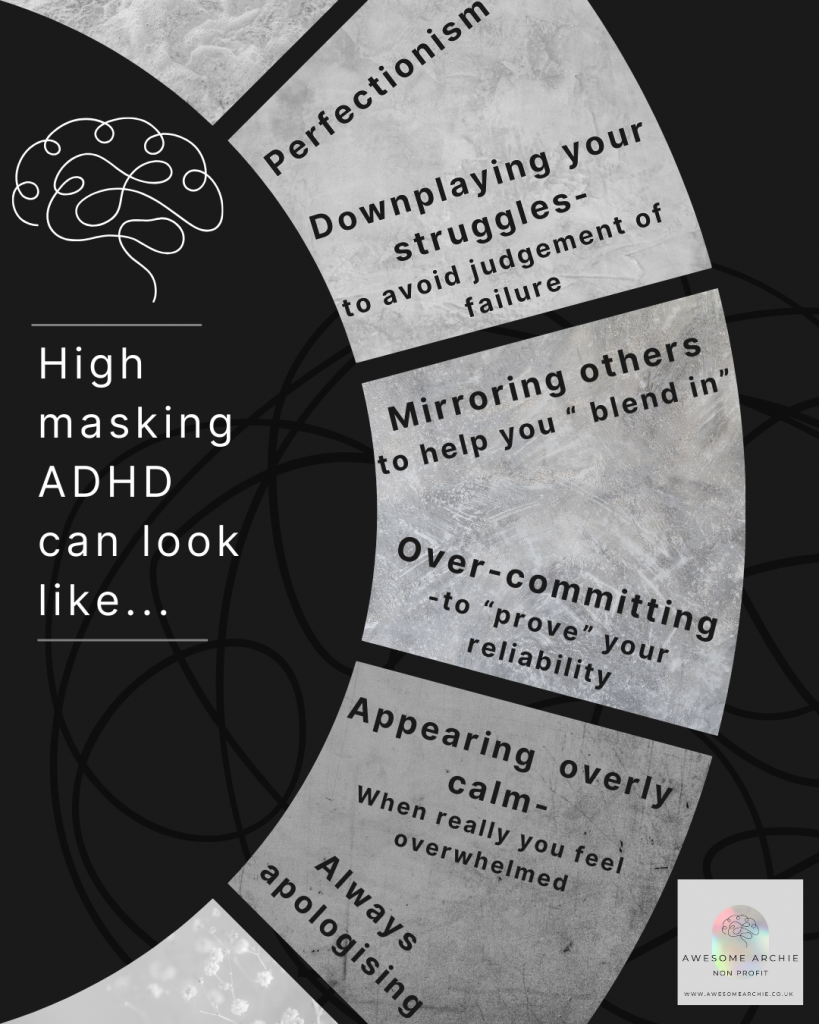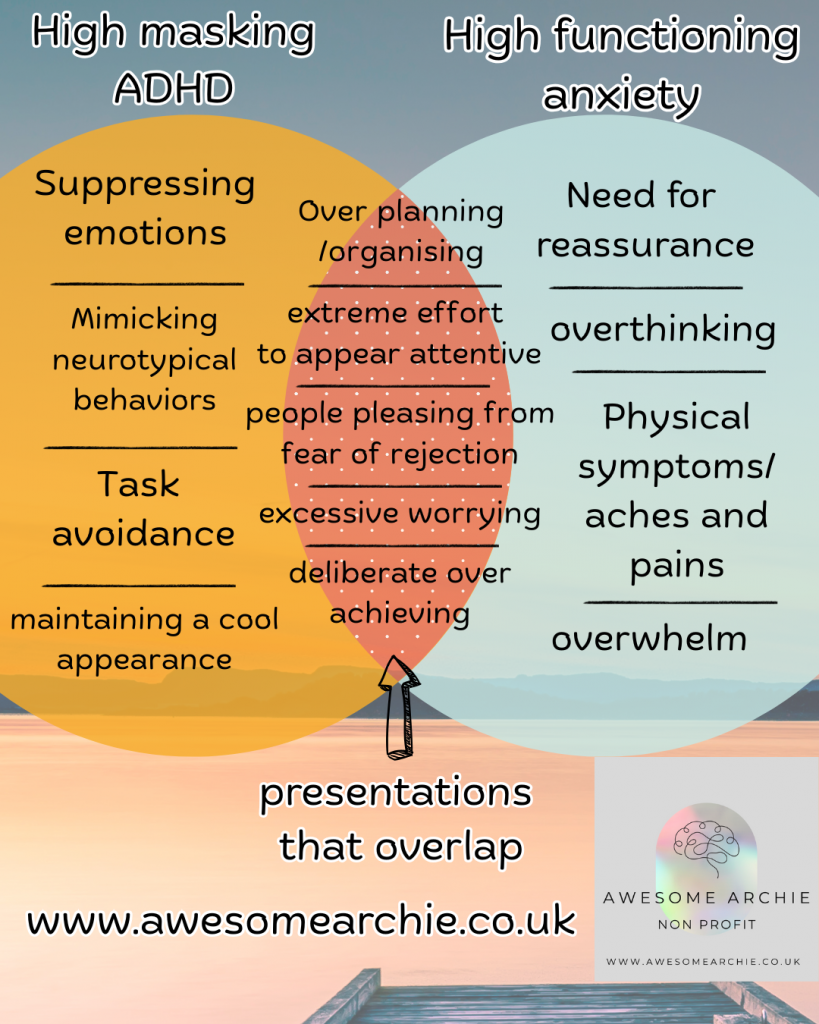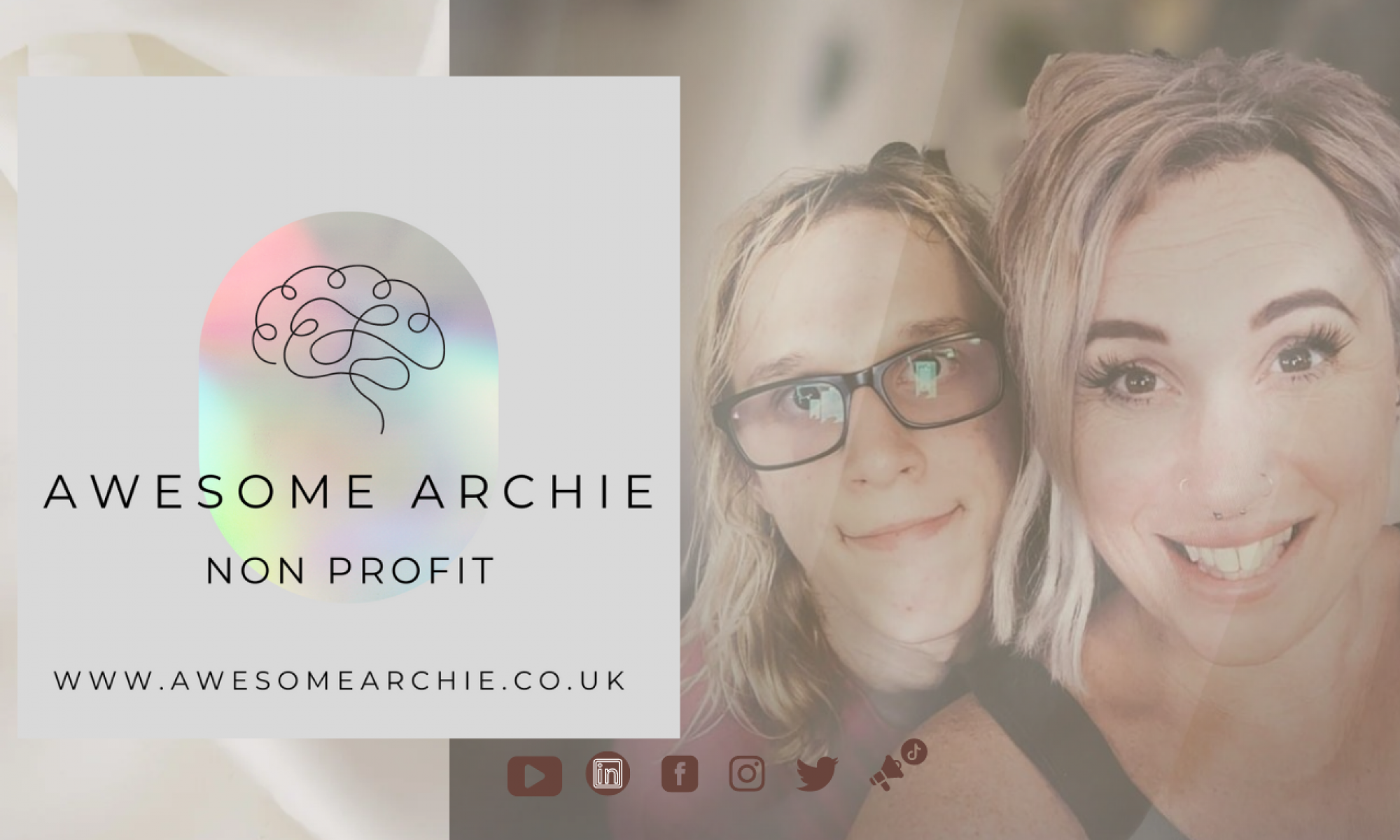With NHS doctors appointments getting harder to lock down and wait times growing longer and longer, it’s no wonder that so many of us are turning to websites, literature and homeopathic support outside of the elusive GP surgeries.
Now, don’t get me wrong, we are ALL for self support and education however, you really have to know where to start looking in order to get the correct support for YOU!
Unless you have vast experience in the field, it is easy to misdiagnose yourself and spend a lot of time and money looking in the wrong direction. That’s why we believe that it’s ALWAYS best to get a professional diagnosis wherever you can… it just won’t happen tomorrow. In the meantime, we hope that our content and blogs may help you learn a little more about your own brain type so you can feel as though you have more clarity when the doctor appointment finally does become available.
This recent bout of research on our part has come from a need for me to discover why my anxiety is so vastly different to our autistic son, who has a PDA profile. Surely anxiety is anxiety? You feel scared? You can’t face things? We all feel the same? NO, NO, NO!!!!
After months of studying hard I have been able to sort many of our characteristics into “where they would sit within a diagnosis” piles. This has meant that I have also been able to offer the correct support for both my son and myself. GAMECHANGING!
In this blog, we aim to share OUR experience and, hopefully, it may help you too! But please do remember… I am not a psychologist or GP so this is purely from my own personal/family experience 🙂
In our last post, we spoke about high functioning anxiety, please do check it out. I have spent hours online and have read (cover to cover) a lot of literature, including the brilliant book “High Functioning Anxiety” by Dr Lalitaa and have tried to share the bones of what I discovered. The main one being that this diagnosis didn’t seem to be a “fit” for either Herbie or I… which surprised me. We are both HUGELY anxious but our anxiety must be rooted by some other diagnosis… so I continued my research.

Roll up High Masking ADHD!!!
“High masking ADHD” is a term used to describe when individuals actively or unconsciously suppress or “mask” the outward signs of ADHD. Whether meaning to or not, they do this to fit in with societal expectations or to avoid stigma. Often this leads to emotional exhaustion and difficulty maintaining the facade over time.
I was shocked to see that this is ME!!! The “advocate”, the “shout loud and proud about neurdivergency”, the ” be proud to be you” ME!!! WTF!!!!
This is where the “unconscious suppression” bit comes into play.
I am a HUGELY PROUD neurodivergent and don’t like to believe that I would ever dull that flame, but this has made me realise… I do, more than I even recognised myself.
For example…
Excessive Preparation:
I Spend an inordinate amount of time rehearsing conversations/presentations, planning tasks, or organising to feel competent and in control. I didn’t realise that when people say to me “aren’t you so organised?!” and I feel great, it’s probably because I’ve tried really hard and it’s been such hard work for me to get there! They think that I have it all under control, I don’t I just over prepare.
Overcompensation:
I used to be guilty of repeatedly going above and beyond expectations in my old job. I never knew why. Unfortunately for me, no matter how hard I worked my differences were 100% perceived as deficits and so I soon learned to “not be me” to stop my employers realising how hard I was finding my 1:1 TA position with such little support.
That is one of the many reasons that we now do what we do, and for that I am grateful.
Rigid Self-Control:
Suppressing impulsive behaviours, such as interrupting or fidgeting, even when it feels unnatural or uncomfortable. I actually only do this in a work setting. Thankfully my friends and family all “get it” so I have plenty of time outside of that particular mask. When we are teacher training I am mask-free and endlessly fidgeting. This helps grow understanding and I am proud to be me when it comes to supporting others 🙂
So what are my cognitive signs?
Mental Exhaustion:
I often feel drained from the constant effort to monitor and control my thoughts and actions. I go to bed HOURS before my husband and still sleep soundly and for a long time. It’s tough and exhausting having ADHD!
Difficulty Switching Gears:
I definitely struggle to transition between tasks. I am fine at home because I am in control of the whole day, but relinquishing that control and going with the flow, consumes all of my mental energy. I think most people would agree that I only have two gears… full throttle or parked 🙂
Overthinking:
I hate this one. Sadly, I analyse pretty much every interaction I have ever had. It’s grim! So grim that I wont waste any more of my time on it… bet I’ll analyse that later too!
It’s no wonder that life’s tough sometimes. Consistently bottling up emotions during the day can lead to meltdowns or heightened emotions in private. Just ask my amazing husband! I have no idea what I’d do without him x


So I found MY “fit” but what about Herbie?
Introducing PDA.
Pathological Demand Avoidance (PDA) is an autistic profile characterised by an extreme need to avoid everyday demands and expectations due to high levels of anxiety. Losing control puts you into fight or flight.
Key Features of PDA
Extreme Demand Avoidance:
Our son avoids tasks or expectations, even those that he would typically enjoy, as a way to manage his overwhelming anxiety. He doesn’t know he’s doing it and he doesn’t know why… it’s a natural protection mode for him!
Need for Control:
He displays a strong drive to control situations and that of those around them to reduce perceived threats to his autonomy.
Social Strategies to Avoid Demands:
He will use tactics such as distraction, excuses, negotiation, or charm to sidestep demands. This is where the hurtful comments roll in, like…”he’s spoiled”, or “you just need to say no more”… not helpful in the least!
High Levels of Anxiety:
Herbie experiences intense anxiety triggered by the expectation of meeting demands or by perceived loss of control. This is why mainstream school is so exhausting for him, and he is well supported! He really struggles with fixed routines or being told what to do, which can lead to challenges in structured environments like school .
Mood Swings and Emotional Dysregulation:
Sadly he has rapid shifts in mood, often tied to his level of perceived control or demand pressure.
Demand Avoidance Across Contexts:
We know that this is correct for Herbie as his avoidance behaviours are not situational but are present in multiple settings, including home, school, or on holiday. Its just our beautiful boys brain and, no matter how hard it gets, we will ALWAYS stand with him in support.
Differences Between PDA and Other Autism Profiles
I recently read…
Unlike some other autistic individuals, those with PDA may have relatively strong social communication skills, using charm, humour, or manipulation to manage interactions.
The avoidance in PDA is rooted in a need to manage anxiety and maintain control, whereas avoidance in other profiles may stem from difficulty with executive functioning or sensory overload.
We hope that you have found this useful and please do remember to follow us on TikTok for daily content like this 🙂
